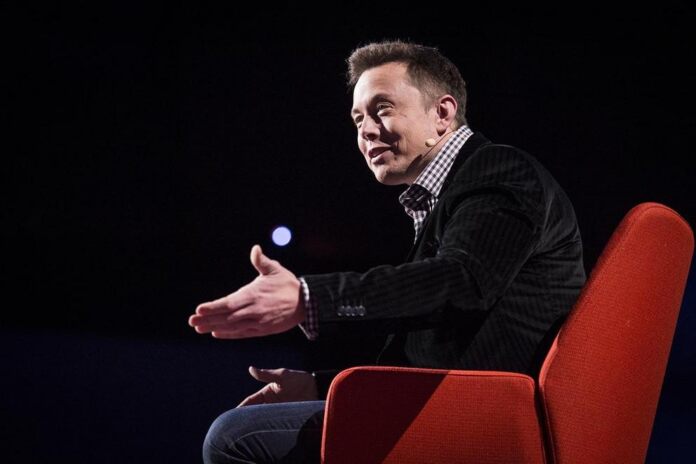Elon Musk has initiated legal proceedings against OpenAI, the company's President Gregory Brockman, CEO Sam Altman, and indirectly criticizes Microsoft's involvement with the firm. Musk's lawsuit, filed in the San Francisco Superior Court, centers on the allegation that OpenAI has strayed from its foundational promise to prioritize humanity's benefit over profit in its artificial general intelligence (AGI) technology development. According to Musk, OpenAI's transformation and its partnership with Microsoft represent a significant shift towards profit maximization at the expense of open-source principles.
The Core of the Dispute
At the heart of Musk's legal challenge is the accusation that OpenAI has fundamentally altered its trajectory and ethos by partnering closely with Microsoft, particularly pointing to the development and deployment of GPT-4, an advanced iteration of OpenAI's language models. Unlike its predecessors, GPT-4 is characterized as a closed model, with intricate details only known to OpenAI and potentially Microsoft, thus limiting public accessibility and use. Musk contends this shift towards privatization sharply contrasts with OpenAI's original mission of openly sharing AGI advancements and technologies for the broader public good. Further examination by Musk brings to light concerns over Altman's brief firing and reinstatement as CEO, suggesting it underscores deeper issues within OpenAI's leadership and decision-making processes.
Musk, who was one of the co-founders of OpenAI in 2015 alongside Altman, LinkedIn co-founder Reid Hoffman, and PayPal co-founder Peter Thiel, had invested an estimated $50 million to $100 million of his personal wealth into the initiative. Musk has also said the partnership with Microsoft is “not what I intended at all” for OpenAI. As part of its significant investment in OpenAI, Microsoft has co-development in many of the company's AI models.
Implications and Requests
Musk's lawsuit is not just a quest for legal redress; it is a call for OpenAI to reinstate its commitment to openness and the welfare of humanity. He is seeking an injunction to prevent OpenAI and the named co-defendants from leveraging AGI technology for exclusivity and profit. This legal action raises pivotal questions about the future direction of AI development, the role of profit in technological advancements, and the ethical considerations underpinning AI research and deployment.
The development highlights a critical juncture in the AI industry, where the balance between innovation, public access, and monetization is intensely scrutinized. With AGI technology at stake, a technology that has the potential to perform cognitive functions comparable to human intelligence, the outcome of this legal battle could have far-reaching consequences for the field of AI and its accessibility to the public. Neither OpenAI nor representatives for Musk have publicly commented on the lawsuit. The case before the San Francisco Superior Court promises to unfold further debates on AI's ethical, social, and commercial dimensions.






